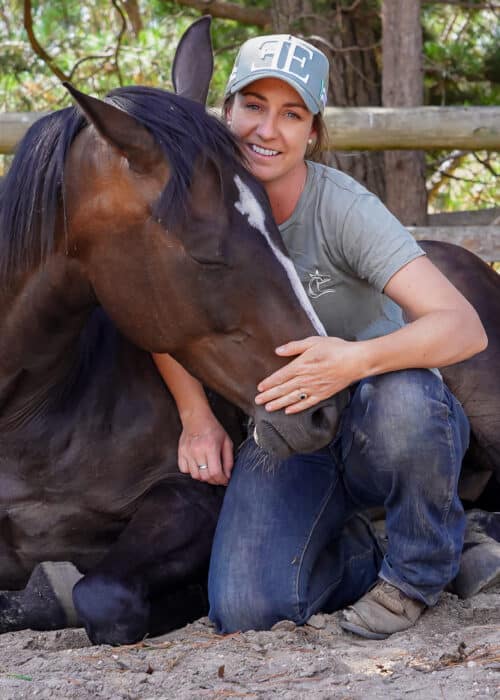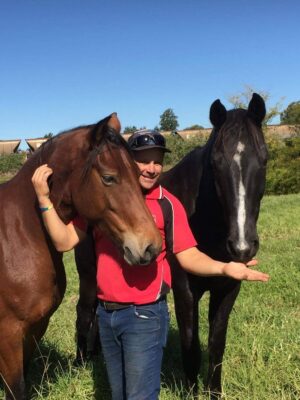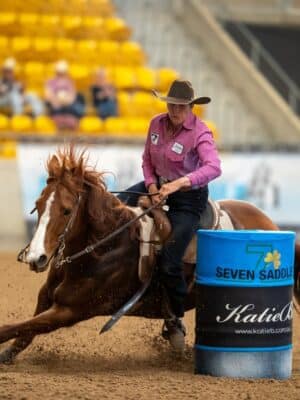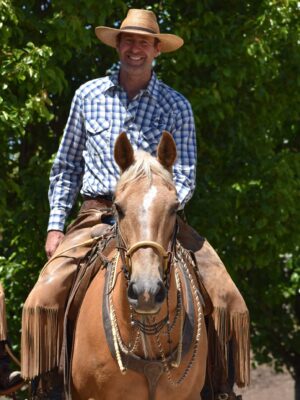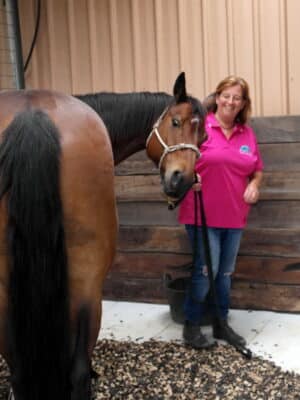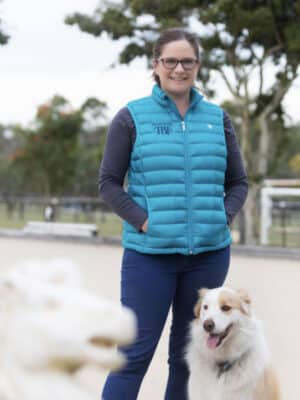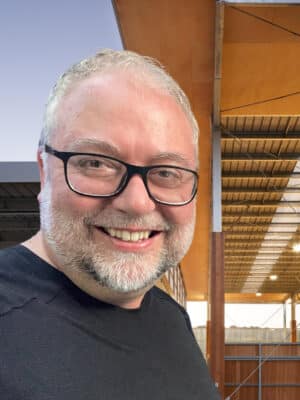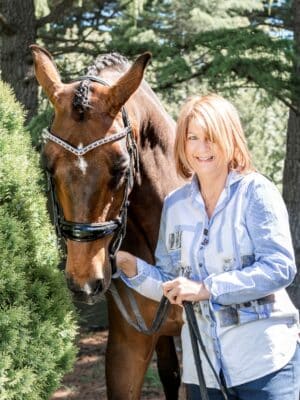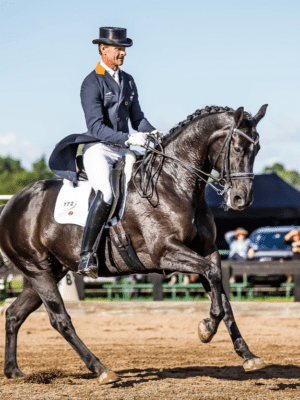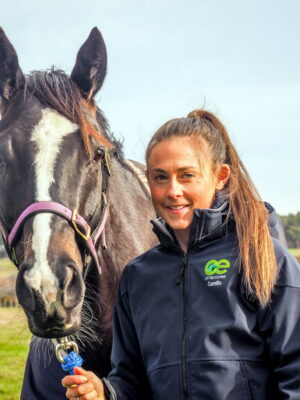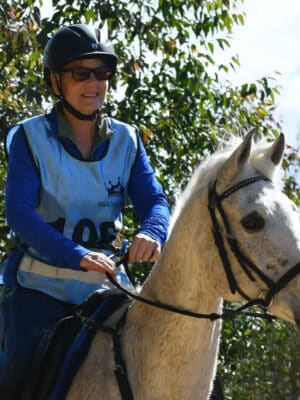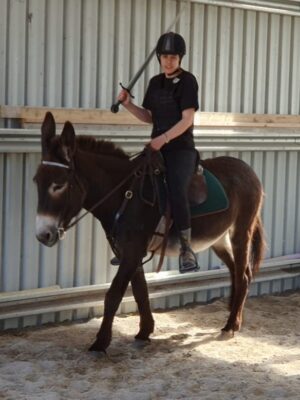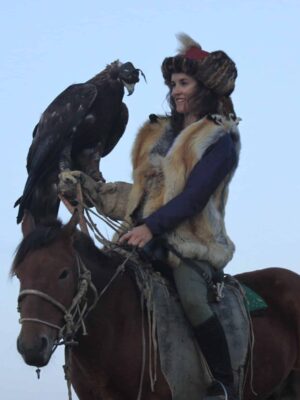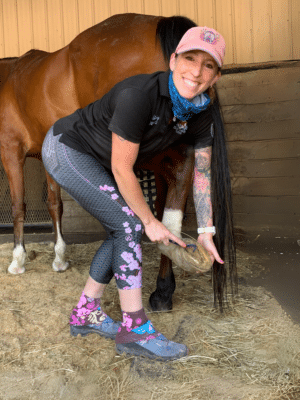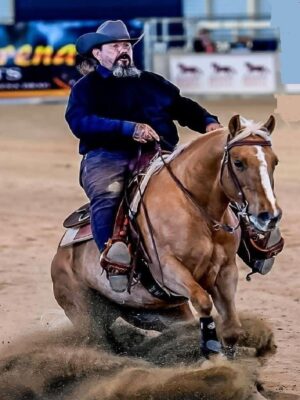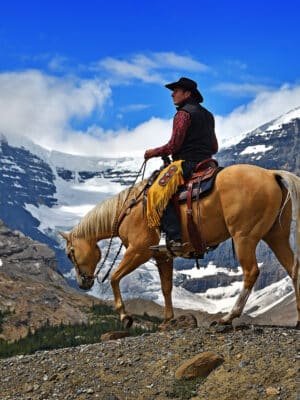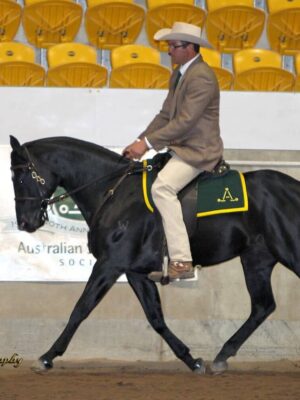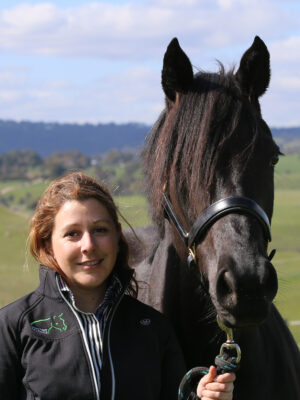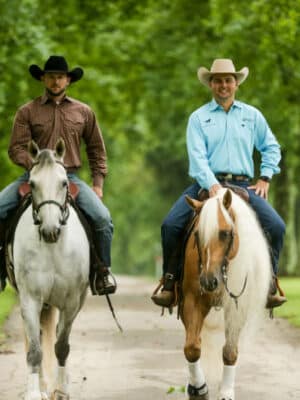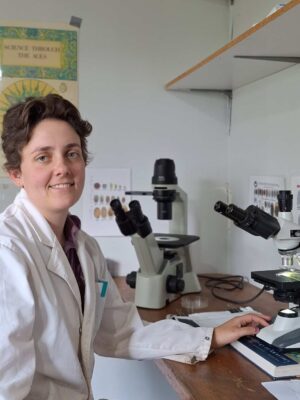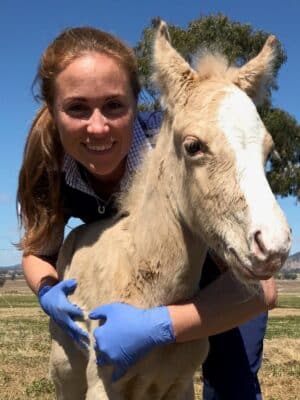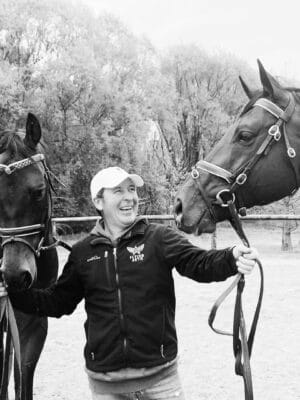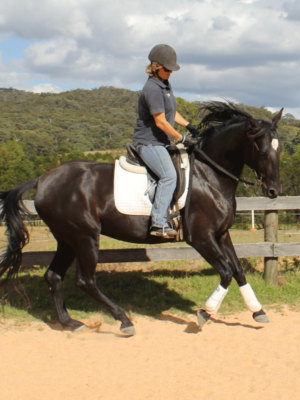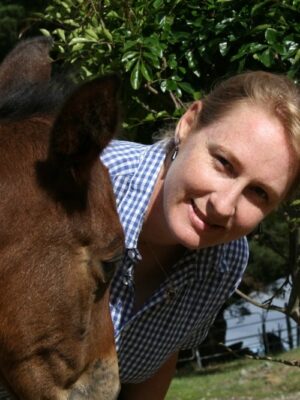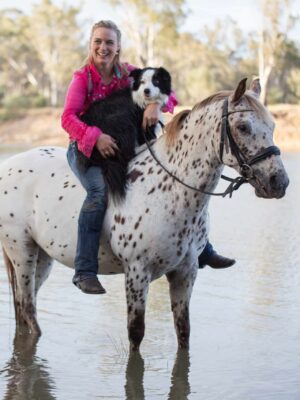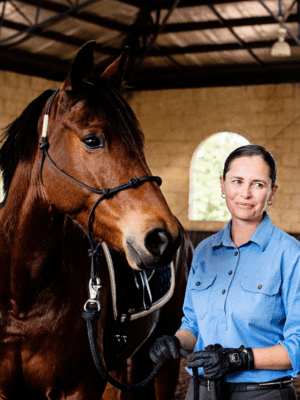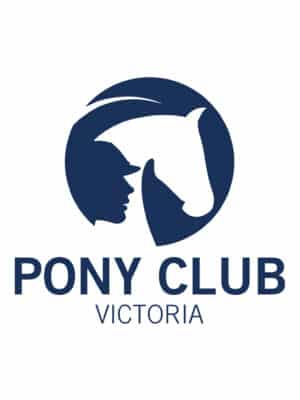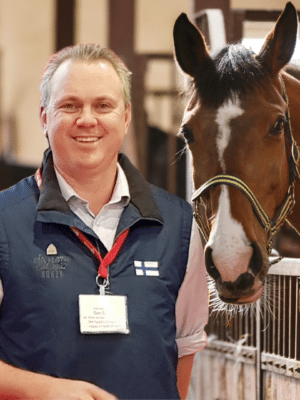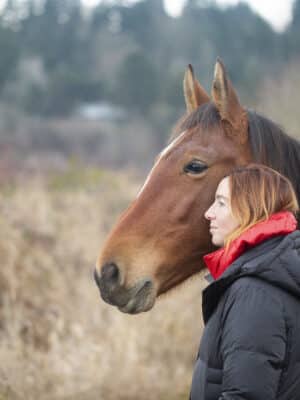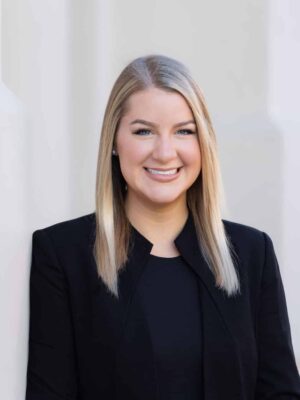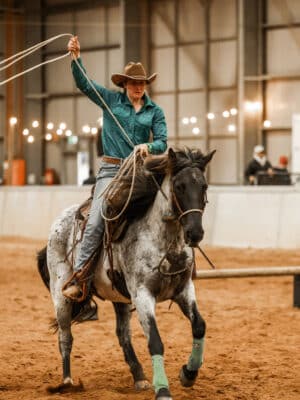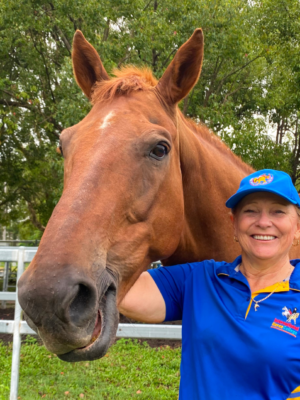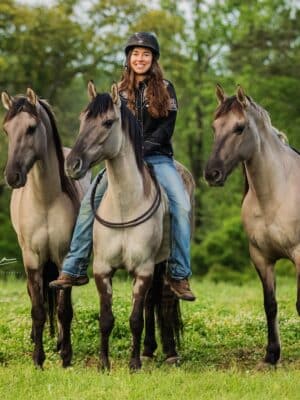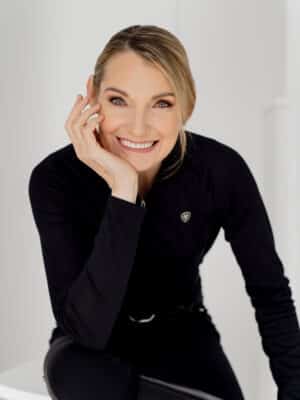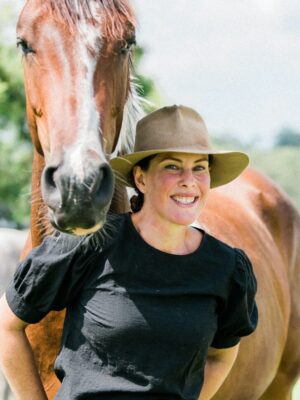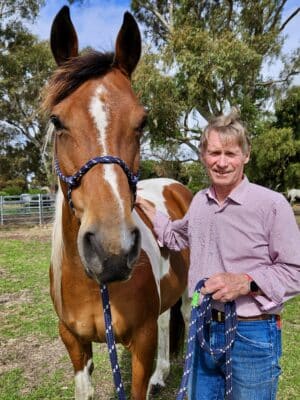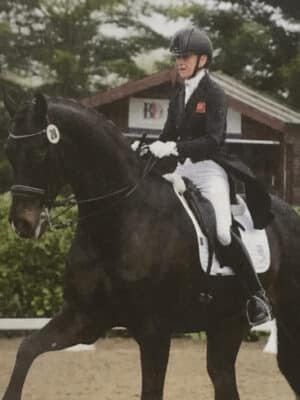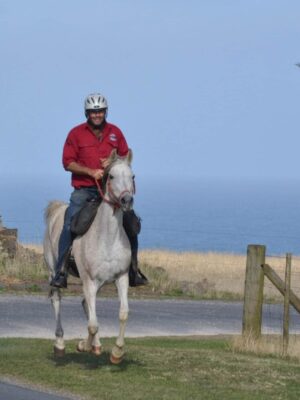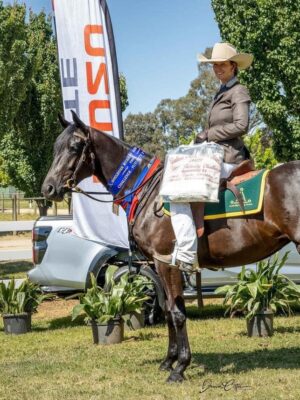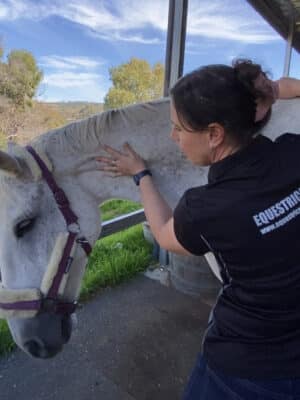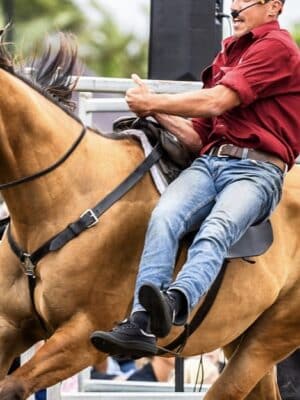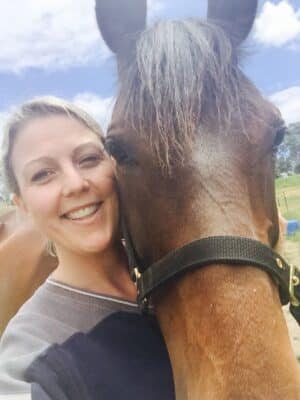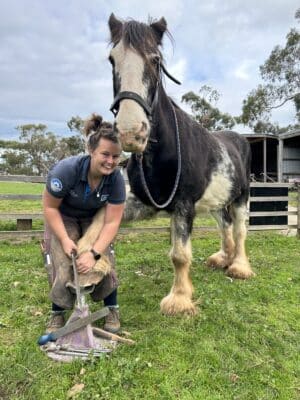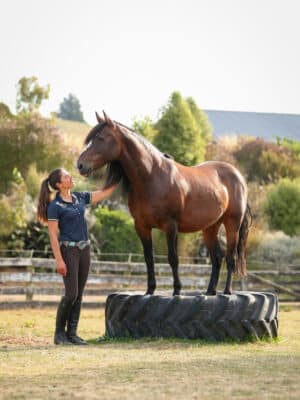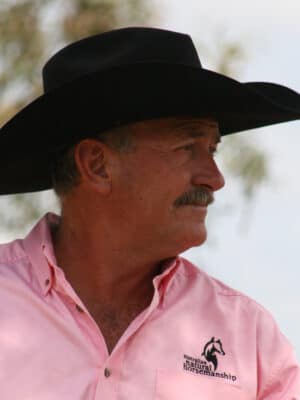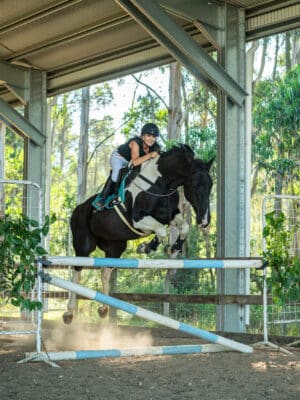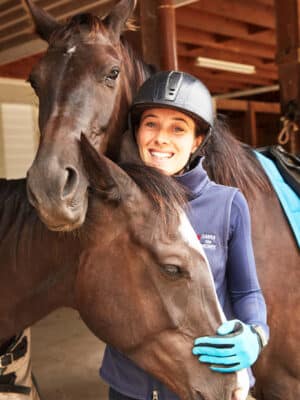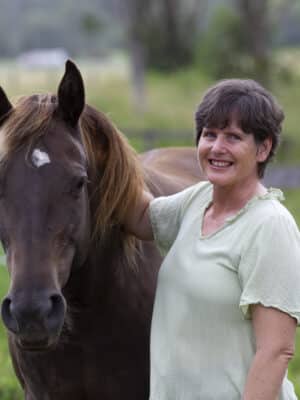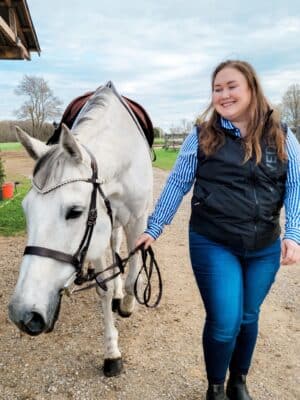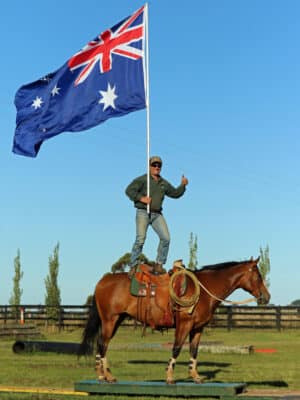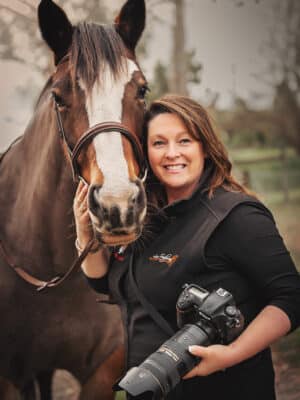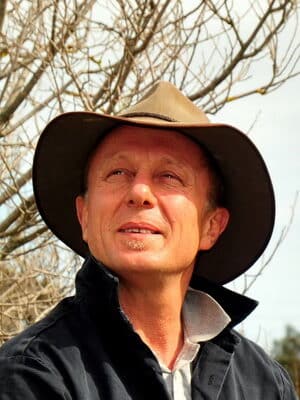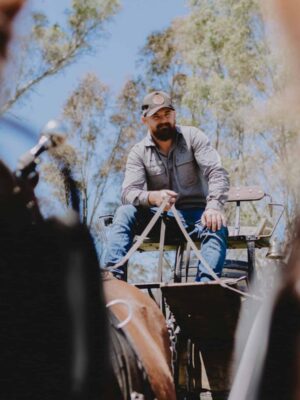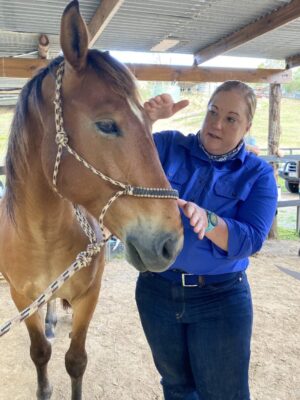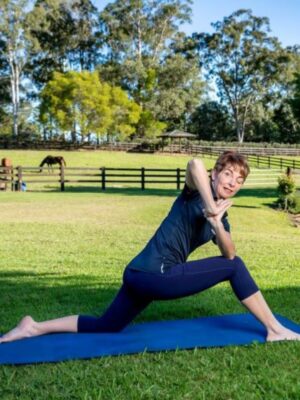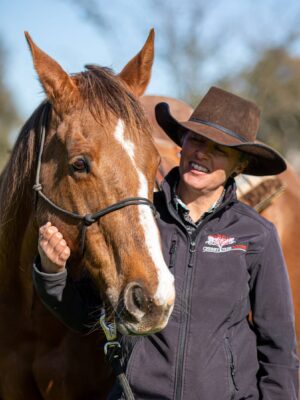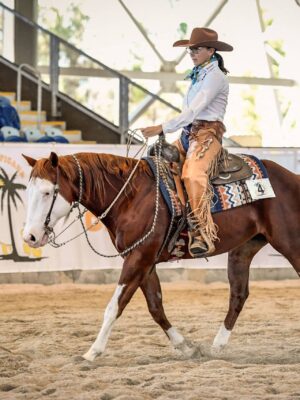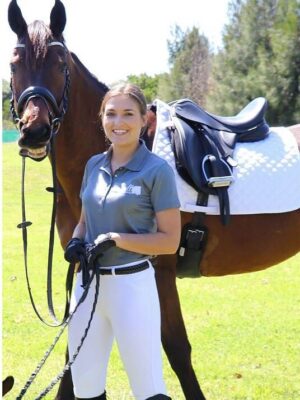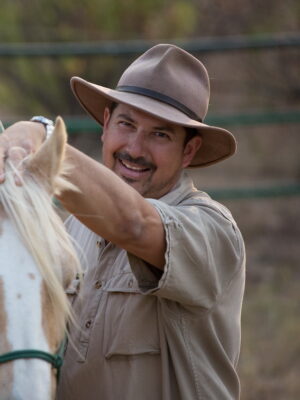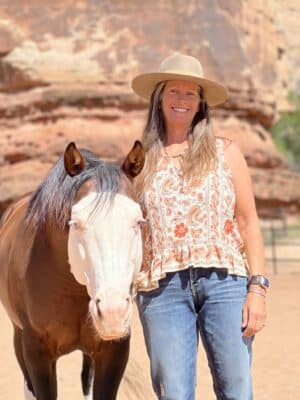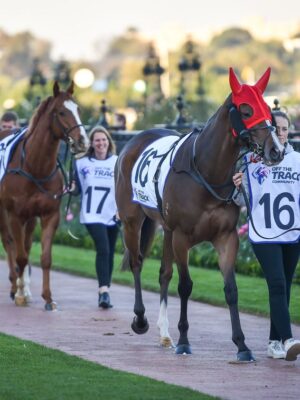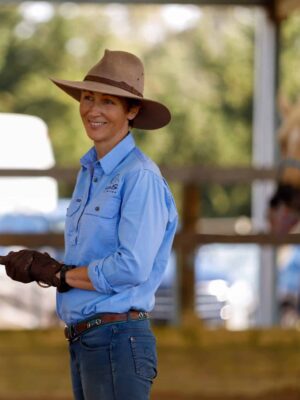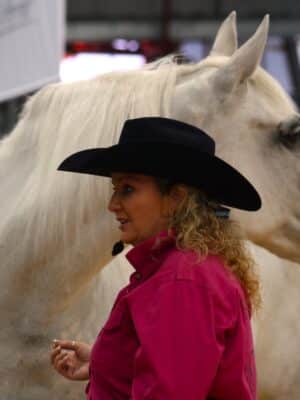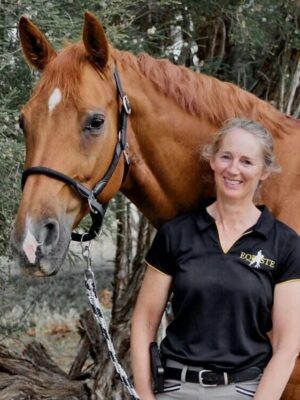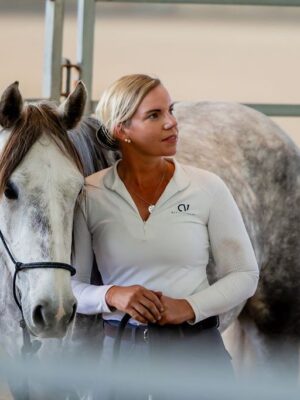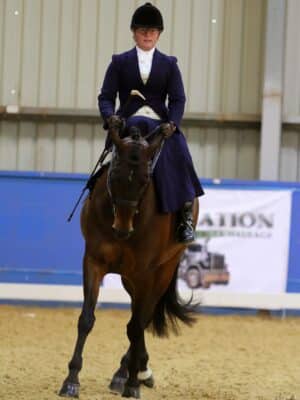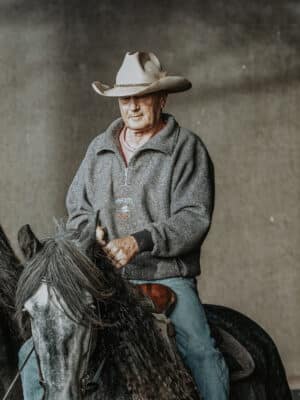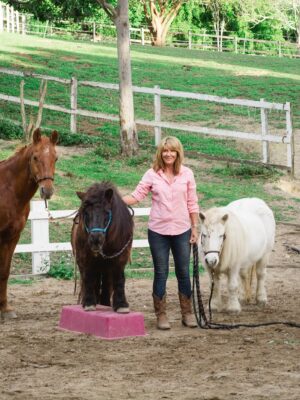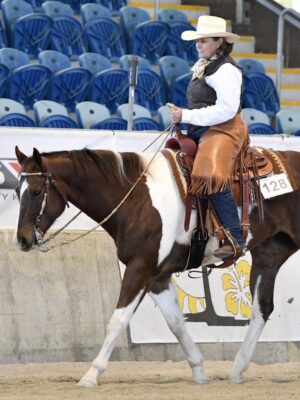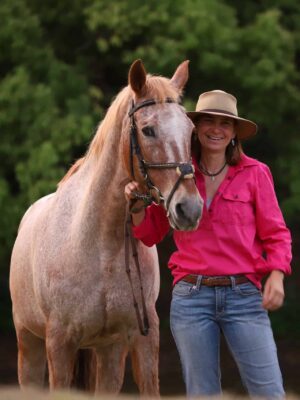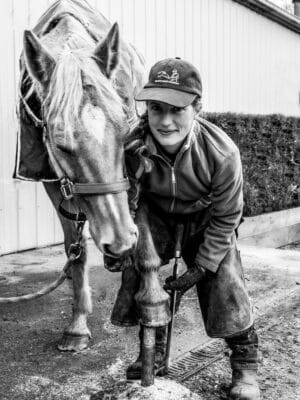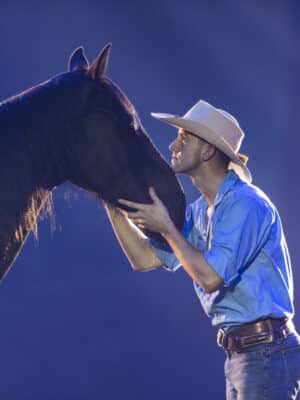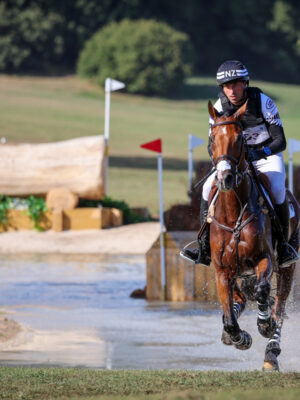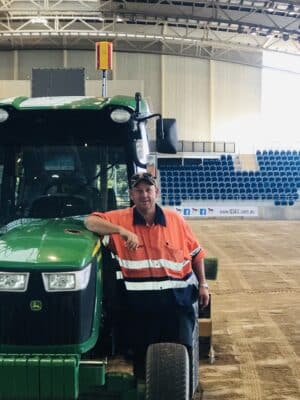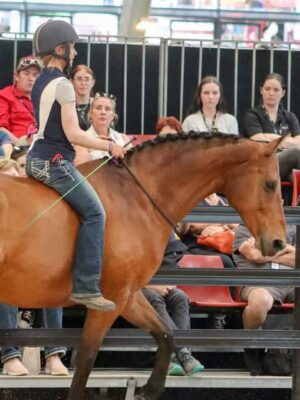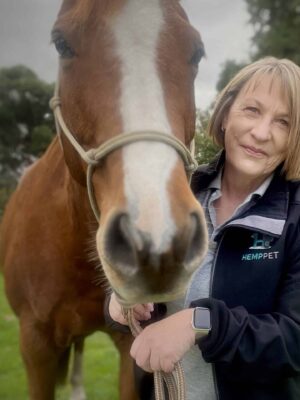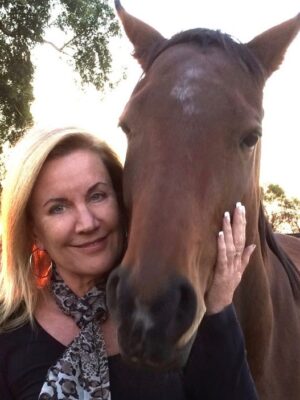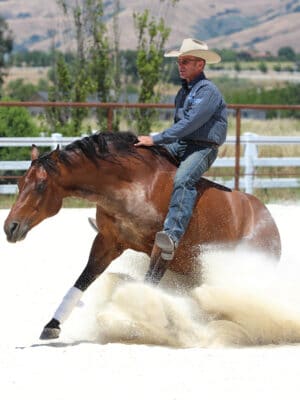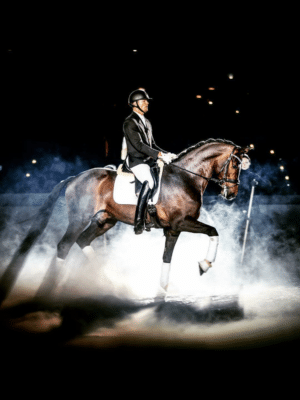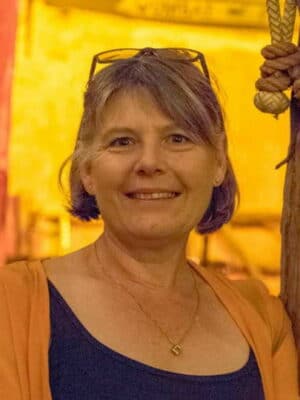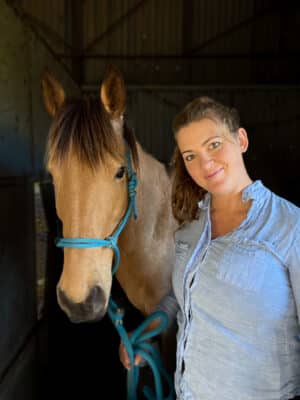Ash Barnett
Training & Horsemanship
Ash, from Walcha, NSW, has been immersed in the world of horses since childhood. Her profound connection with these majestic animals began as soon as she could walk, and it has since blossomed into a lifelong passion. From the thrill of pony club and the exhilaration of campdrafting to the finesse of show jumping and the elegance of carriage driving alongside her father, Ash’s journey with horses has been nothing short of extraordinary.
While excelling in various equestrian disciplines, Ash has discovered that her true calling lies in the art of liberty training. This unique approach, centred on cultivating an unspoken bond with horses, has become her expertise. Her work has extended to training diverse horse breeds for carriage work and show competitions, including the regal Hackneys, the majestic Friesians, and the spirited American Saddle Horses.
In addition to her equestrian pursuits, Ash has served as a horse master on an Australian film set, using her own highly trained horses to ensure their readiness and safety for filming. She also conducts educational horsemanship and liberty clinics, emphasising the importance of adapting her program to each horse’s unique attributes. Ash’s philosophy revolves around understanding the way horses think and building their confidence to try new things.
She often quotes the wise words of David Attenborough, “There is no such thing as a dumb animal, just a dumb person that underestimates them.”
According to Ash, there is no right or wrong way to teach anything if you are achieving the desired result, with safety and horsemanship being the top priorities. She emphasises the value of having ‘your own thoughts, your own way, your own Ethos’, which serves as the foundation of her entire brand. Ash’s unwavering dedication, profound understanding, and unyielding passion for horses are evident in her remarkable journey and commitment to the art of horsemanship.
Visit Ash Barnett at the following sessions
Details
Friday November 15th
4:00 pm to 5:45 pm
Stallion Rail Demo Arena, OTT Pavilion
Exploring the methods of ‘mark’ training
Exploring the methods of ‘mark’ training and its application in working with horses offers a powerful avenue for enhancing communication and understanding between humans and horses.
This method allows for precise communication and reinforcement, enabling horses to understand and respond to cues more effectively.
Incorporating ‘mark’ training into a horse program can significantly improve the clarity and consistency of communication, leading to enhanced learning and performance outcomes.
By using positive reinforcement and clear markers, trainers can facilitate the development of specific skills, shape desired behaviours, and strengthen the horse-human bond.
Additionally, ‘mark’ training provides a means to establish trust, build confidence, and encourage horses to actively engage.
The incorporation of ‘mark’ training into horse work represents a valuable tool for refining communication, deepening the partnership between humans and horses, and achieving positive training outcomes based on mutual understanding and respect and relaxation.
Details
Saturday November 16th
9:30 am to 10:15 am
Duncan Equine Group Arena
Connecting two horses at Liberty
Connecting two horses at liberty and navigating the demands of performance and competition while staying true to our own values can be a transformative experience.
It involves shedding our insecurities and uncertainties to establish a genuine connection with our equine partners. Embracing terms like ‘connection,’ ‘attunement,’ ‘bond,’ ‘relationship,’ ‘expectations,’ and ‘goals’ requires introspection and a commitment to understanding and meeting the needs of our horses.
This approach can be incorporated into a program by encouraging participants to think from the horse’s perspective, to self-reflect before reacting, and to distinguish between punishment and productive correction. When working with horses at liberty, empowering them to make choices, try new things, and respond without fear of negative consequences is essential.
This demands an acute awareness of our intentions, focusing less on specific movements and more on the quality of our connection and the horse’s willingness to engage. This approach marks a significant shift in training and relationship-building with liberty horses, emphasising personal growth and self-improvement in horsemanship.
